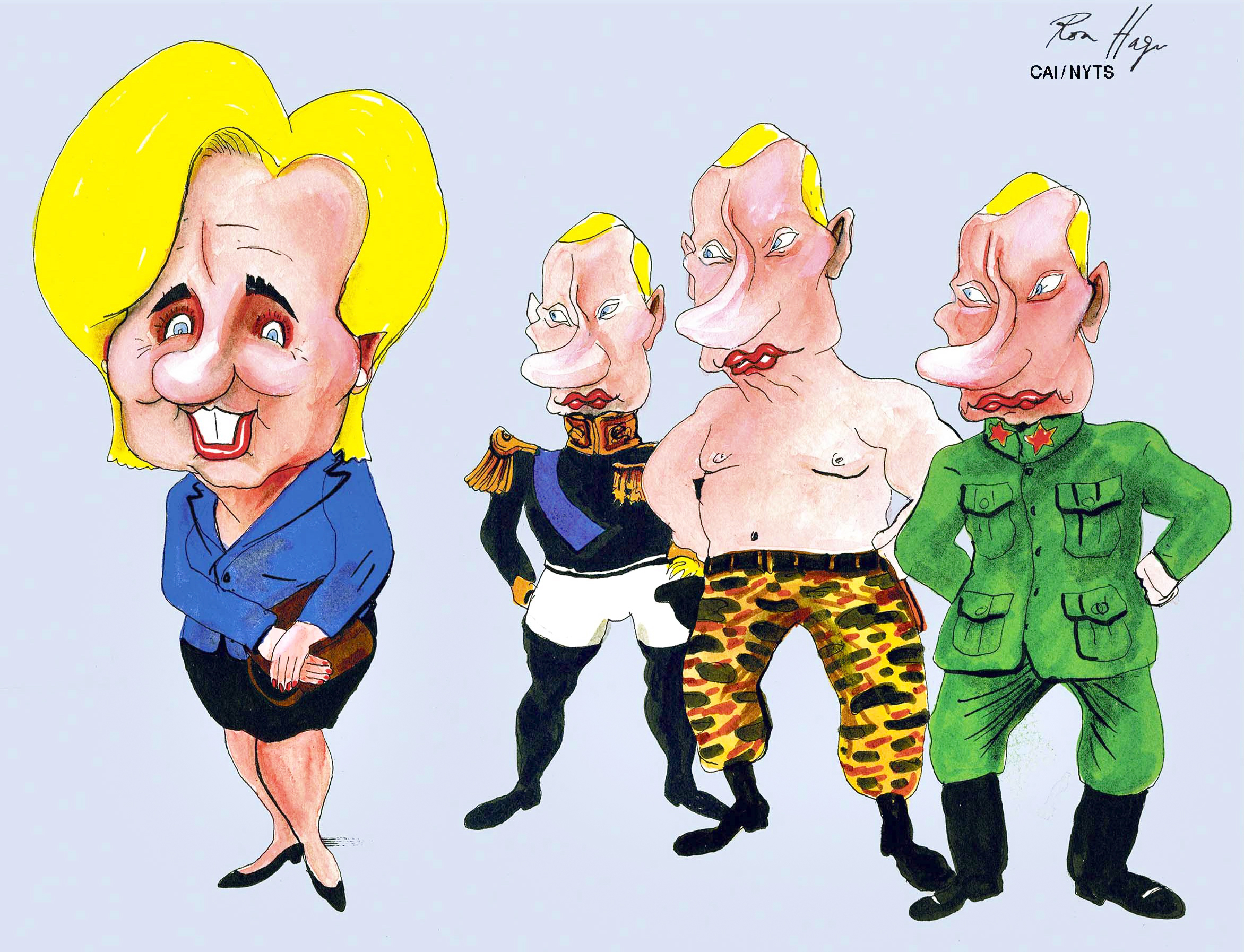Michael McFaul, the former U.S. ambassador to Russia, and the Russia expert Kathryn Stoner say U.S. foreign policy has had a relatively neutral effect in determining Russia's course. In an article published last week, they argued that President Vladimir Putin's virulent anti-Americanism was driven by domestic, tactical considerations, allowing us to put to rest any concern the U.S. was doing too little or too much vis-a-vis Russia.
It's an appealing theory, but it's probably wrong. Although Russia always has been quick to blame external enemies, the U.S. provoked Putin by appeasing him and then abruptly reversing course. The damage won't be easily undone.
Here's the story as McFaul and Stoner tell it. The U.S.-Russian relationship was fine during the so-called reset (pushed by then-Secretary of State Hillary Clinton and McFaul himself as ambassador), when President Barack Obama and his Russian counterpart, Dmitry Medvedev, collaborated on a broad international agenda. Russia didn't object to the West's use of military force against Moammar Gadhafi's regime in Libya, and the U.S. helped Russia join the World Trade Organization. Visa rules between the countries were eased, there was increased cooperation in oil and gas, and Russia had all but stopped griping about NATO expansion.



















With your current subscription plan you can comment on stories. However, before writing your first comment, please create a display name in the Profile section of your subscriber account page.